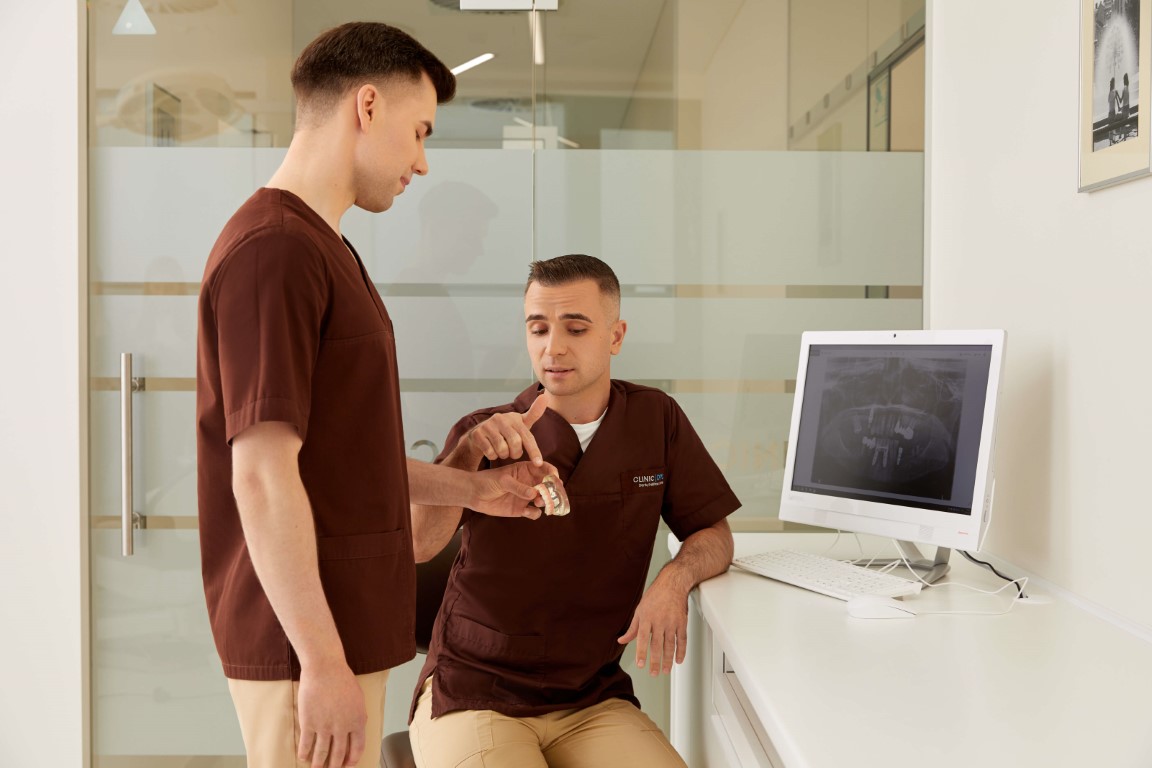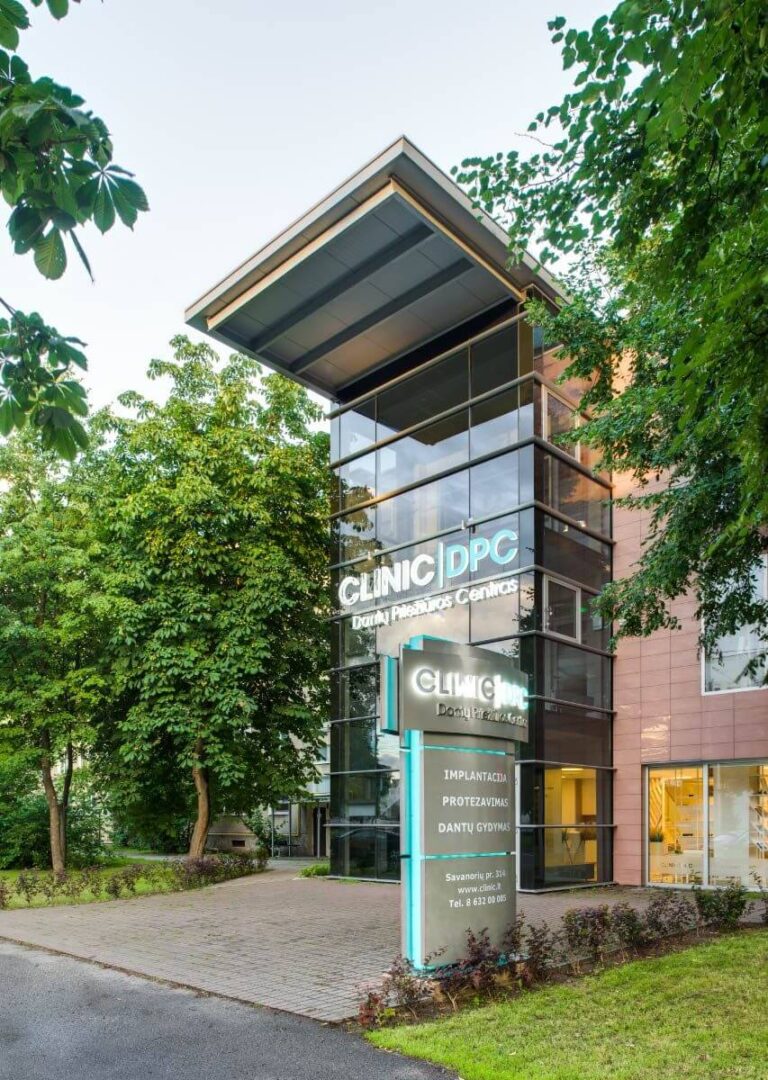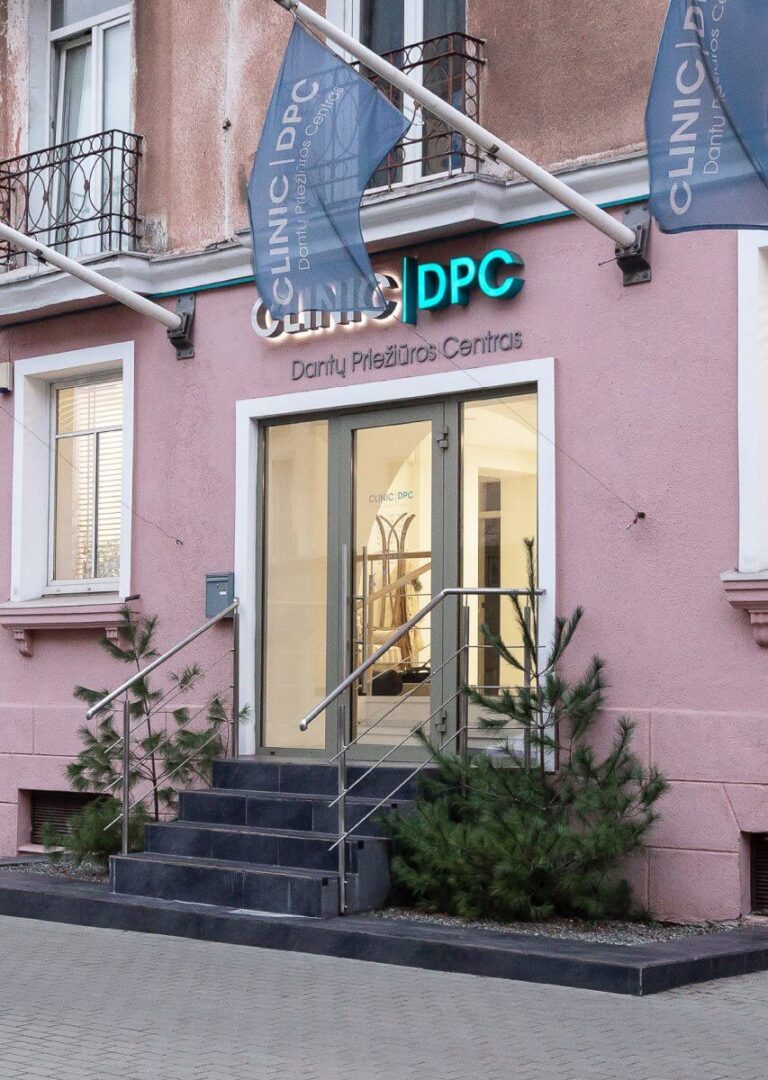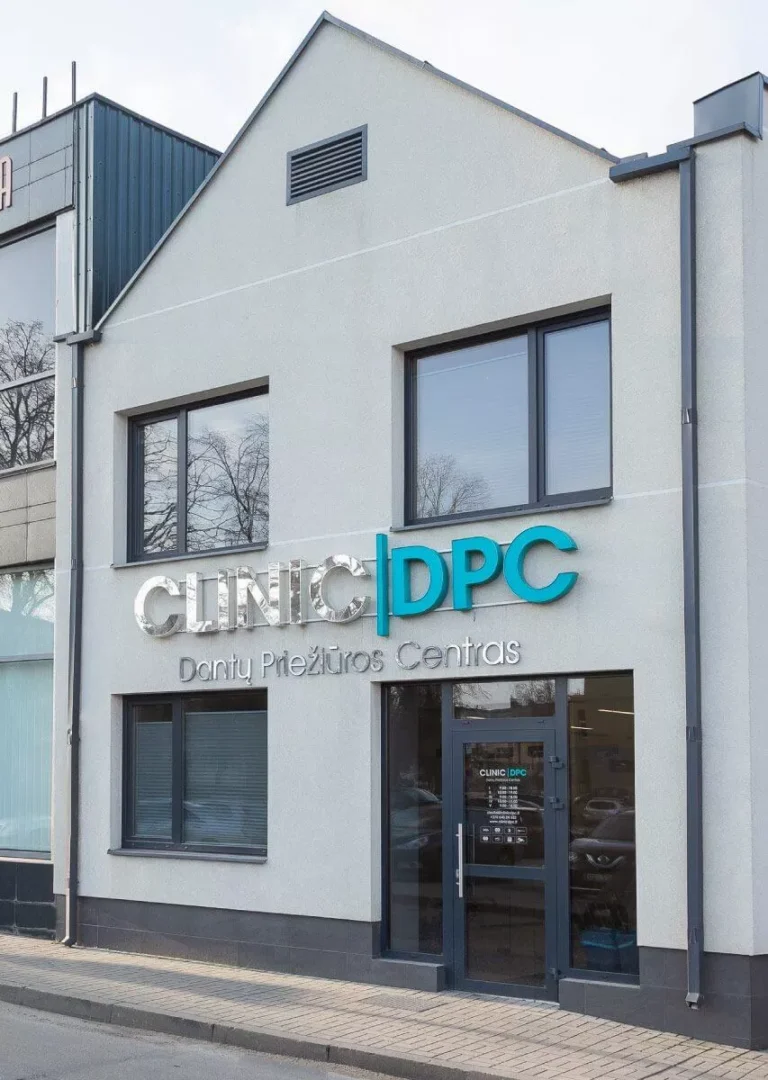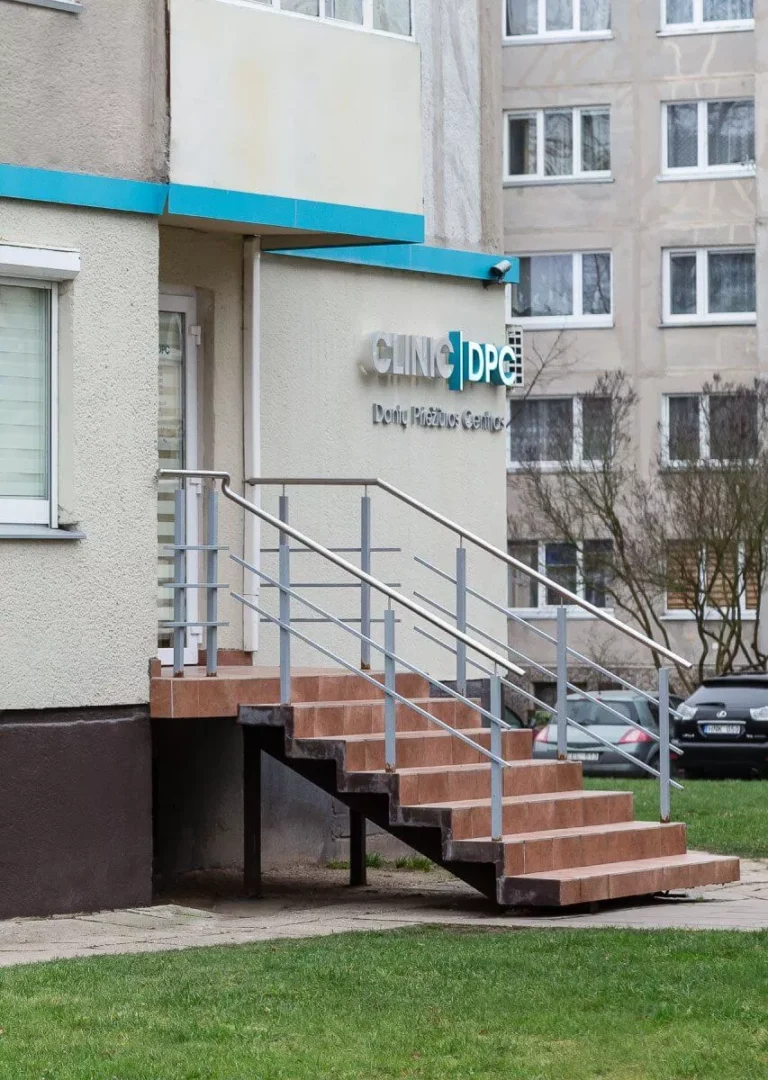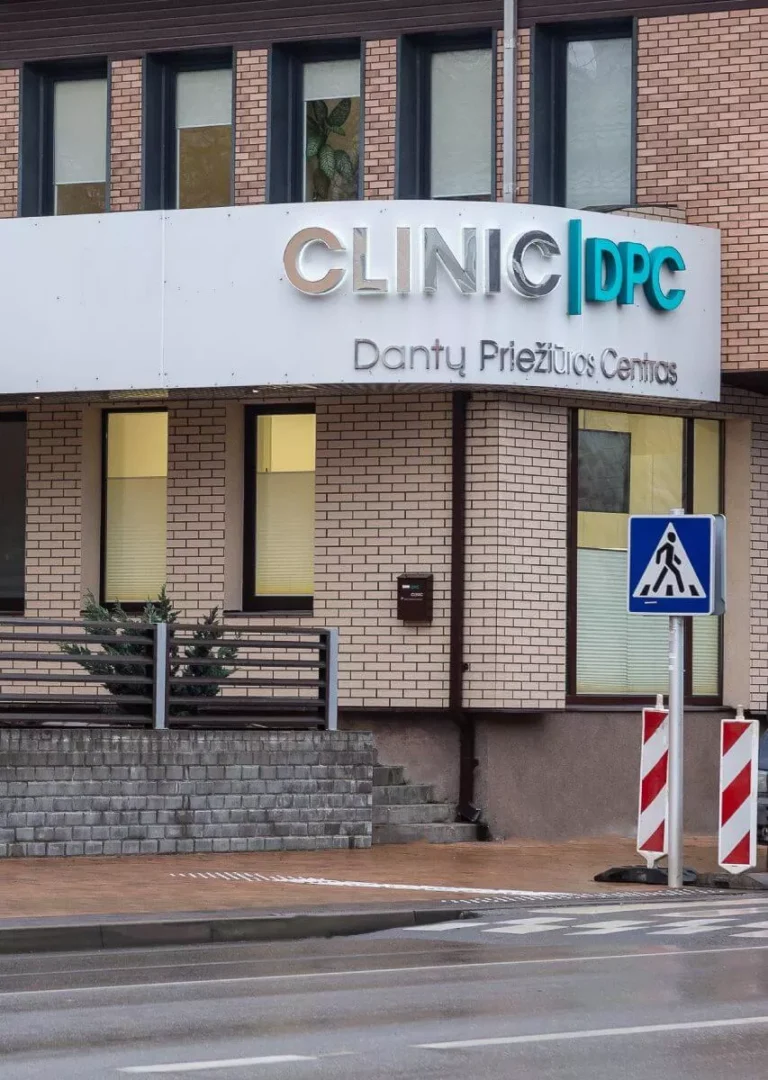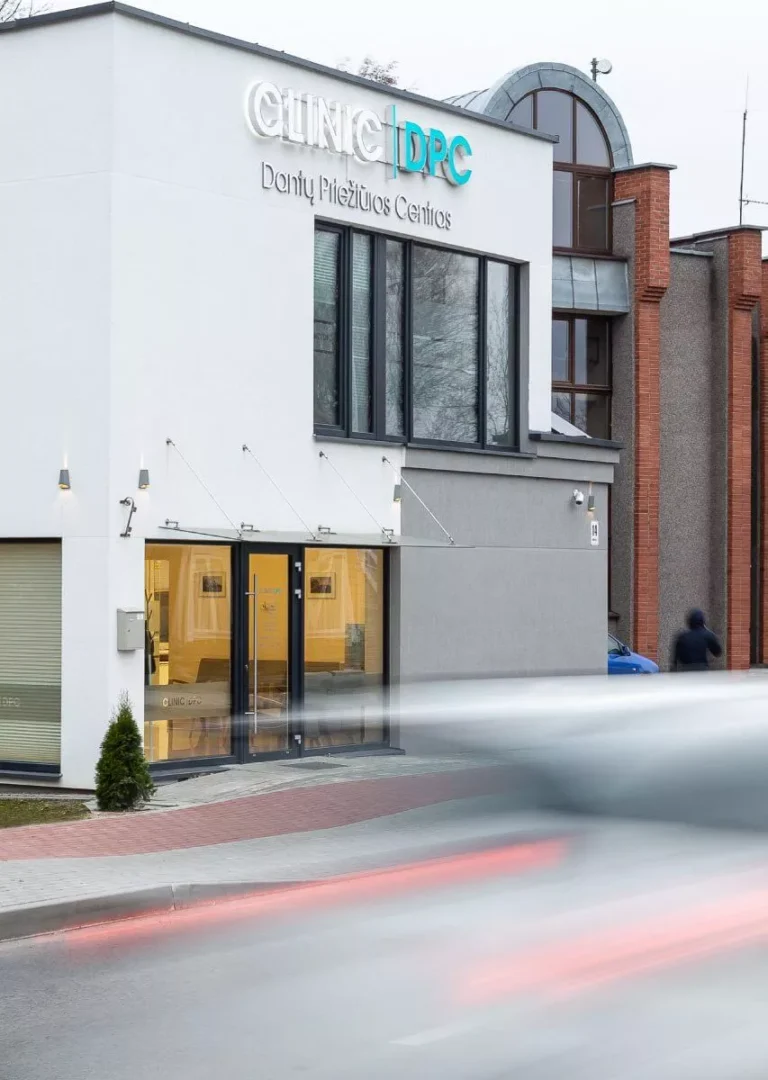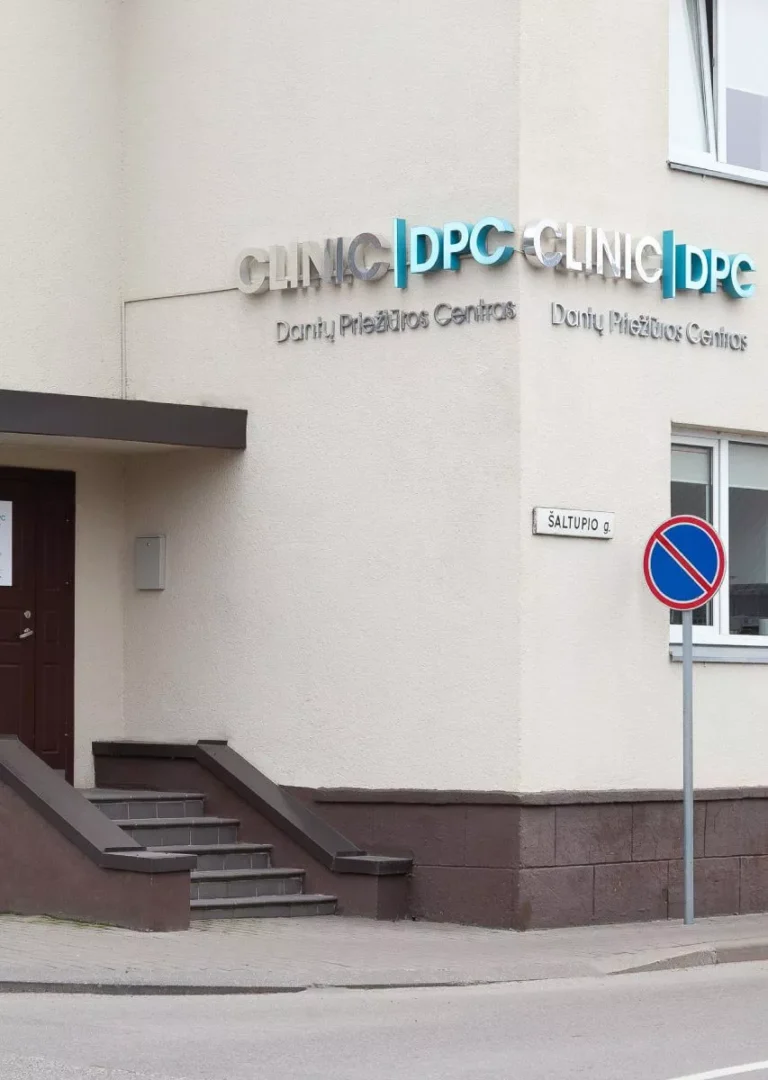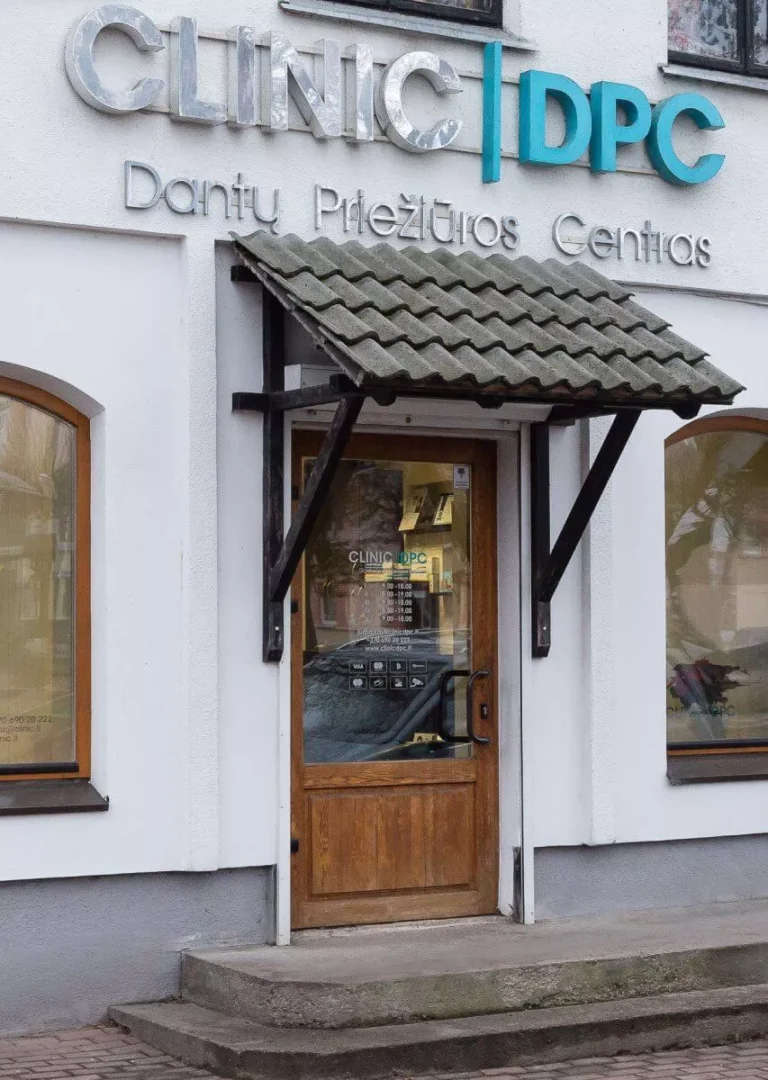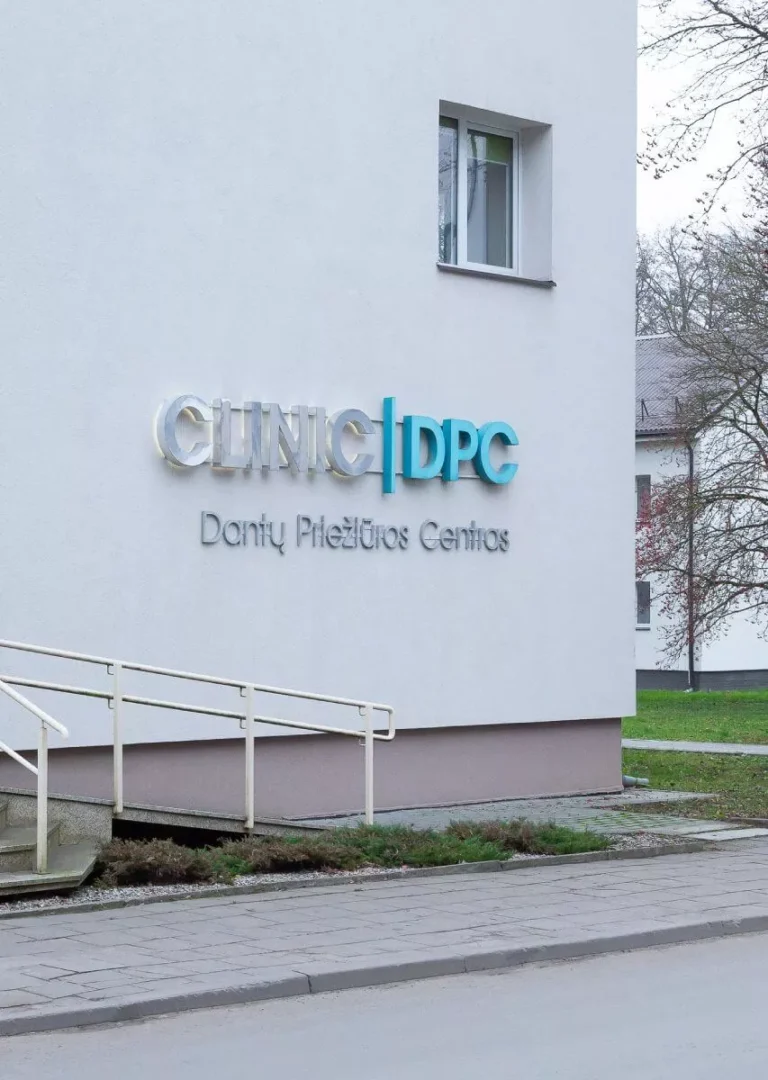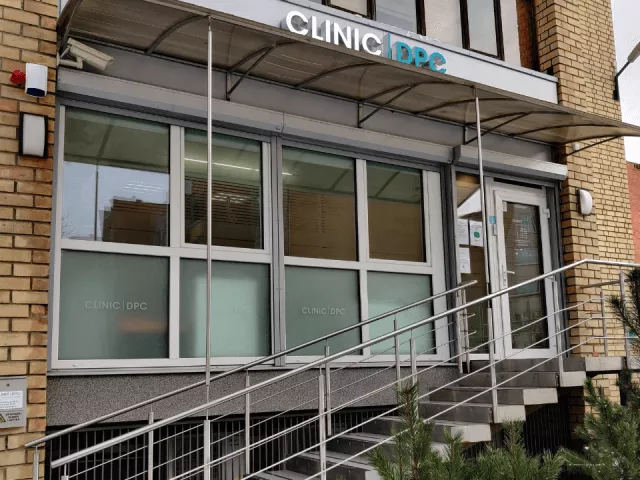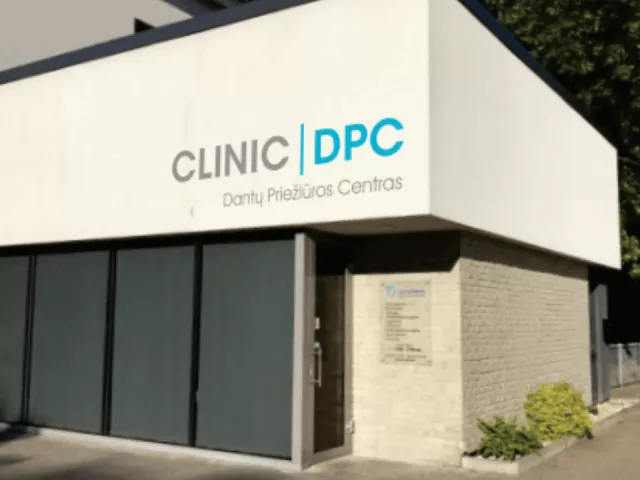Tooth extraction is safe if performed correctly. Proper preparation for the procedure and thorough cleaning of the tissues after the tooth is removed are crucial. It is especially important to avoid traumatizing the surrounding tissues during the extraction and to ensure the area is cleaned properly afterward. When these steps are followed correctly, the tissues will regenerate naturally. An improperly performed extraction can result in a defect in the jawbone, potentially causing problems in the future.
Frequently Asked Questions
-
01
Is it dangerous to extract a tooth?
-
02
Can a pregnant woman have a tooth extracted?
We recommend visiting the dentist before planning a pregnancy. Tooth extraction during pregnancy is not advised and is only performed in exceptional cases.
-
03
When should wisdom teeth be removed?
- • When wisdom teeth are non-functional (not involved in chewing) and severely affected by decay, pulpitis, or periodontitis.
- • When root structure or poor access makes quality endodontic treatment impossible.
- • When partially erupted wisdom teeth cause recurrent soft tissue inflammation (pericoronitis).
- • When impacted wisdom teeth could damage adjacent tooth roots or cause teeth crowding.
- • When misaligned wisdom teeth injure the cheek lining during chewing.
- • To reduce the likelihood of cyst formation around an impacted tooth or to remove a tooth with an already formed cyst.
- • Wisdom teeth removal is recommended before starting orthodontic treatment with braces or clear aligners.
-
04
Is it necessary to replace an extracted tooth?
It is recommended to replace the extracted tooth with a new one so that:
- Other teeth, which bear a heavier load during chewing, would experience less wear.
- The patient’s bite would not be deformed.
- The process of jawbone deterioration would be halted.
-
05
Is preventive care necessary, and what are its benefits?
Preventive dental visits for both children and adults are recommended every 6-12 months. Regular checkups allow for the prevention of tooth decay, avoiding the need for expensive treatments by addressing issues sooner.
Pay in installments 0%
We offer our patients the possibility of financing their treatment in a quick and simple way, in the form of convenient installments 0%.
Still have questions?
Whether you have questions about procedure, waiting time or compatibility with your insurance - call us and we will help you!
Oral and dental surgery is performed in the following clinics:
-
 Vilnius ClinicMindaugo g. 14 , Vilnius
Vilnius ClinicMindaugo g. 14 , Vilnius -
 Kaunas Clinic SavanoriaiSavanorių pr. 314 A
Kaunas Clinic SavanoriaiSavanorių pr. 314 A -
 Klaipėda ClinicH.Manto g.3 / Vytauto g. 28
Klaipėda ClinicH.Manto g.3 / Vytauto g. 28 -
 Šiauliai ClinicRūdės g. 17
Šiauliai ClinicRūdės g. 17 -
 Mažeikiai ClinicNaftininkų g. 5-22A
Mažeikiai ClinicNaftininkų g. 5-22A -
 Alytus ClinicPulko g. 5
Alytus ClinicPulko g. 5 -
 Utena ClinicAušros g. 14
Utena ClinicAušros g. 14 -
 Anykščiai ClinicŠaltupio g. 1
Anykščiai ClinicŠaltupio g. 1 -
 Jurbarkas ClinicVytauto Didžiojo g. 5B
Jurbarkas ClinicVytauto Didžiojo g. 5B -
 Raseiniai ClinicVaižganto g. 1-3
Raseiniai ClinicVaižganto g. 1-3 -
 Panevėžys ClinicAukštaičių g. 80-5
Panevėžys ClinicAukštaičių g. 80-5 -
 Kėdainiai ClinicJ. Basanavičiaus g. 55A
Kėdainiai ClinicJ. Basanavičiaus g. 55A

